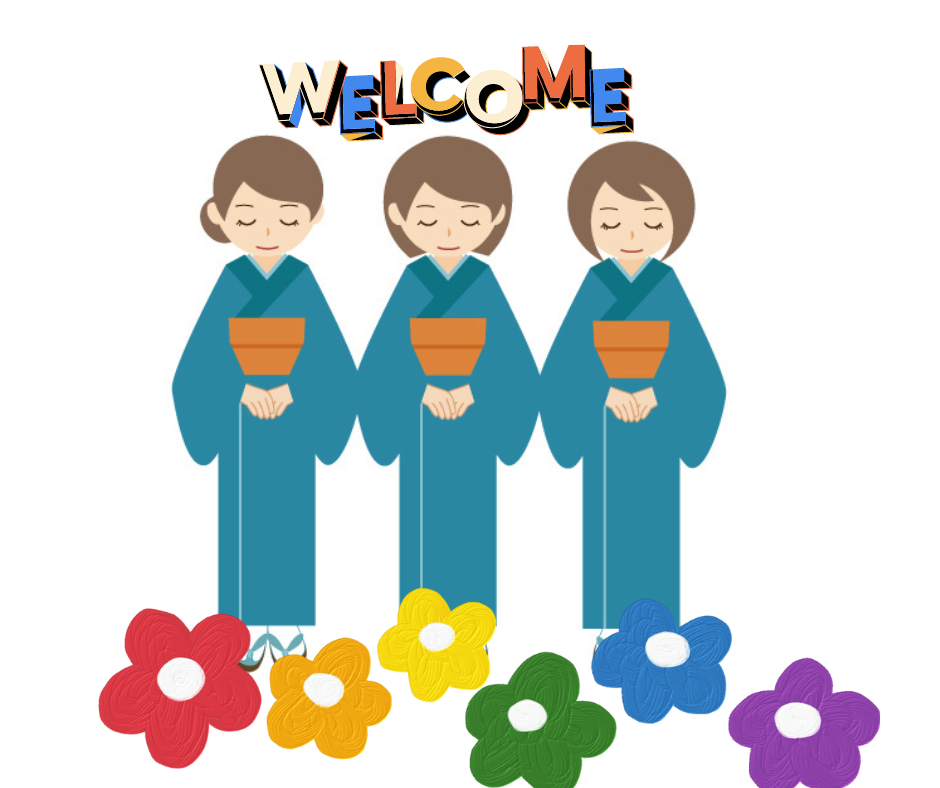LGBT
- All Categories
- Cruise
- Customer Message
- flower
- Hokuriku tourisum
- Ibaraki tourism
- Japanese Culture
- Japanese foods and drinks
- Japanese lesson
- Kanagawa tourism
- Kyoto tourism
- LGBT
- Messe
- Mie
- Nagano tourism
- Nature in Japan
- News
- Nihongo
- Osaka Accommodation
- Otaku
- Ryokan
- Saitama tourism
- Shikoku tourisum
- Shizuoka tourism
- shopping
- Tohoku tourism
- Tokyo tourism
- Topics
- Tottori
- Transportation
- Travel Information
- Travel Tips

There is a history book called ‘Nihon Shoki’ (Chronicle of Japan) that was written about 1,300 years ago. In it, a gay couple named ‘Shinonohafuri’ and ‘Amanohafuri’ is described. This is probably the oldest surviving record of LGBT people in Japan. Additionally, homosexuality is also mentioned in famous classical literature such as ‘The Tale of Genji.’ Historically, Japanese attitudes toward homosexuality may have been very tolerant.
In recent times, a singer and actor named Akihiro Miwa is very famous. While biologically male, he has always presented himself as a beautiful woman. His relationship with the writer Yukio Mishima was also well-known (Yukio Mishima was married and had children). Mishima once said to Akihiro Miwa, ‘Your shortcoming is that you are not in love with me.’ The Japanese consider this episode a fine piece of literature.
Akihiro Miwa ↓
Incidentally, Japanese people usually travel as married couples or families, but it is also common for male-to-male and female-to-female friends to travel together and stay in the same room. For hotel and ryokan employees, it does not matter whether their customers are couples or simple friends. It is a misconception that a hotel that is not LGBT-friendly will refuse to accommodate guests. First of all, there is a ‘Ryokan Business Law’ in Japan that makes it very difficult for hotels to refuse accommodation.
Hotels and ryokans are prohibited from refusing accommodation except in the following cases: (Ryokan Business Law, Article 5).
When it is clear that the person who intends to stay is suffering from a contagious disease.
When it is apparent that the person intending to stay is likely to commit an illegal act or an act that disturbs public morals.
When there is no room in the accommodation.
You may be troubled by the term ‘public morals’ in item 2. Specifically, for example, you can interpret that a person who intends to stay at the accommodation is involved in one of the following:
If a person intending to stay overnight in an accommodation is a member of a crime syndicate, etc.
When engaging in behavior that causes significant inconvenience to other guests.
When violent demands or requests for an unreasonable burden are made regarding accommodation.
Are you a member of a crime syndicate? Are you a danger to others? If not, the hotel cannot refuse your accommodation due to the law.
In Japan, it is nice to relax in an onsen (hot spring). We hope you will enjoy it. In onsen ryokan, you can bathe in separate large baths for men and women. Please note that people with tattoos may be denied bathing.
Click here for an article about tattoos ↓
Why are tattoos frowned upon in Japan?
Female and male visitors to major public baths use the baths according to their gender at birth. If you experience any inconvenience or are unable to use the main baths due to your tattoo, do not be discouraged. Some ryokans have private baths or rooms with small outdoor baths. These private spaces allow you to relax without any worries.
My small travel agency can arrange such ryokans for you, and if you have any concerns, we can discuss them with you. I hope you enjoy your wonderful trip in Japan.
- Prev
- Topics
- Next











